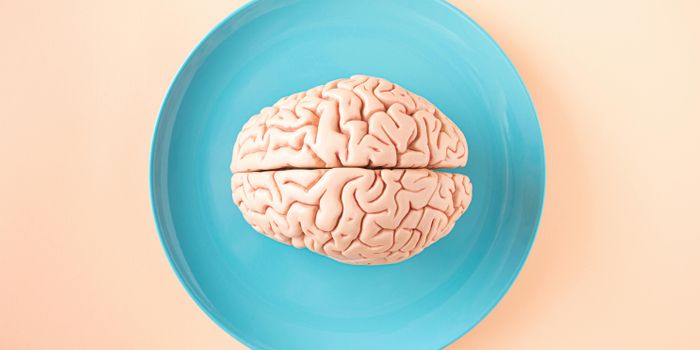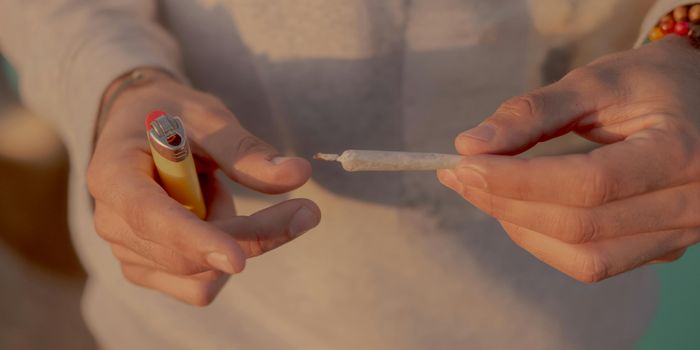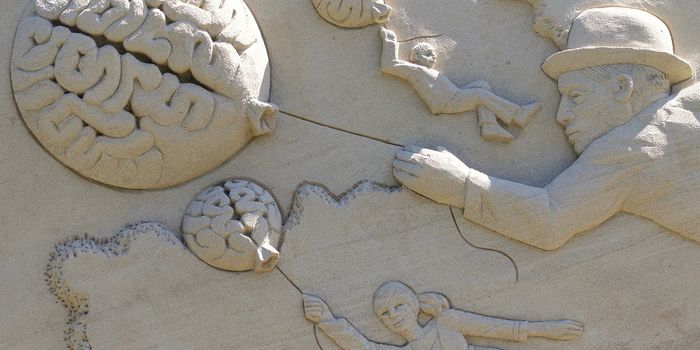Study Explains How the Brain Processes and Remembers Everyday Events
A study published in Nature Communications provides insights into how the human brain encodes and recalls everyday events. The study indicated that different parts of the brain work together to understand and remember a situation.
The researchers used functional MRI scanners to monitor the brains of study participants as they viewed brief videos of scenes that simulate real life. These scenes featured ordinary situations such as men and women working on laptops in a cafe or shopping in a grocery store. The participants then immediately described the scenes with as much detail as they could recollect.
Some participants could recall the scenes in the café and grocery store with more precision than others. Those participants with the most accurate memories used the same neural patterns when recalling scenes that they used while watching the clips. According to study author Dr. Zachariah Reagh, “The more you can bring those patterns back online while describing an event, the better your overall memory.” It is still unclear why some people seem more skilled than others at reproducing the thought patterns needed to access memory. Many factors can interfere with efficient and accurate memory processing such as distraction, physical health problems, isolation, aging, and stress.
The study found that networks in the temporal lobe region focused on the subject regardless of their surroundings. The posterior medial network paid more attention to the environment. Those networks then sent information to the hippocampus which combined the signals to create a cohesive scene.
Results also suggest that the brain develops mental sketches of an incident and then transposes them from one brain region to another. This process is similar to how an animator can copy and paste a character into different scenes.
Reagh is involved in Washington University’s research cluster known as The Storytelling Lab: Bridging Science, Technology, and Creativity, which studies the neurology and psychology of narratives.
Sources: Eureka News Alert, Nature, The Storytelling Lab: Bridging Science, Technology, and Creativity








